I completed my pre-pharmacy courses for admission into pharmacy school at Hudson County Community College in Jersey City, NJ. I then proceeded to complete my Doctor of Pharmacy at Nova Southeastern University College of Pharmacy in Davie, FL. I am currently working towards the completion of my Master of Science in Health Outcomes, Policy, Economics from the Rutgers University School of Public Health.
What inspired you to pursue a degree in the pharmaceutical field?
Growing up I was always interested in science and the medical field specifically. Prior to graduating high school, I met a pharmacist who explained the role of the profession and I became interested in learning more by working in a pharmacy. I was able to obtain a job as a pharmacy technician in Walgreens where I further learned about the profession and networked with other pharmacists. Through these experiences I realized that pharmacists play a large role in helping patients and impacting healthcare as they are the most accessible healthcare professional. The profession’s diversity and impact on bettering the lives of patients through medication management, counseling, immunizations, etc. really excited me and solidified my decision to pursue an advanced degree in pharmacy.
Who was your role model growing up?
I would say my biggest role models growing up were my parents. Throughout my entire childhood they worked endlessly to ensure that my siblings and I had everything we needed to succeed in life. I have always been so inspired by their lack of fear in pursuing something new and their perseverance in ensuring they were successful in those new endeavors regardless of any obstacles that may present themselves. Their immense support and motivation to persist is one of the biggest reasons I have been able to achieve all my goals.
What is your favorite part of your job?
My favorite part of my job is knowing that the research and development of health economic tools I work on are going to help patients to be able to afford their medications. One of the biggest reasons I decided to specialize in Health Economics and Outcomes Research (HEOR) is because regardless if a patient is prescribed the best clinical treatment plan, if their insurance does not cover their treatments and they cannot afford it then they will not end up getting any treatment which can lead to worsening of their conditions. HEOR uses clinical and economic data to generate evidence of the value of a drug product or health care intervention for reimbursement from health care payers or insurances. My favorite part of this role is that this evidence helps establish a link between treatment and actual real-world outcomes or scenarios to help guide Doctors in ensuring patients are receiving the best care both clinically and economically.
What advice would you pass along to our Latinas that are looking to pursue a STEM degree?
Be persistent, humble and dedicated in everything that you do that is going to help you achieve your STEM goals or degree. Many times as latina women, we feel obligated to fit into a certain societal standard that may not coincide with pursuing a STEM degree. My advice is regardless of what anyone tells you, continue to push through all of the hardships to achieve your goals. Make sure that you stay humble along your journey and allow yourself to be teachable as this quality really goes a long way. Lastly, staying dedicated to yourself and your goals is extremely important, remember that others may judge you for your decisions but no one can take away the pride and hard work you have put into your professional and personal growth.
How do you see the future for Latinas in your industry?
Having attended a pharmacy school that graduates one of the highest percentage of Latinas in the United States, I believe that Latinas will be very successful in the field of pharmacy as well as other healthcare professions. As more Latinas become pharmacists, I truly believe that through the sharing of their experiences (such as in these blog posts) it will inspire and motivate other Latina to feel confident in pursuing a successful career as a pharmacist. Latinas are strong and natural leaders which make them ideal pharmacists as this profession requires those qualities in order to succeed.

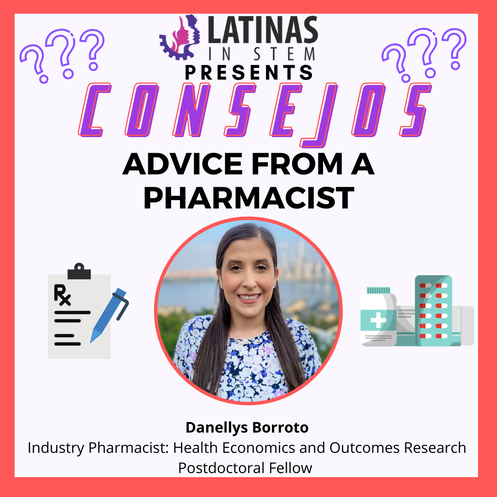
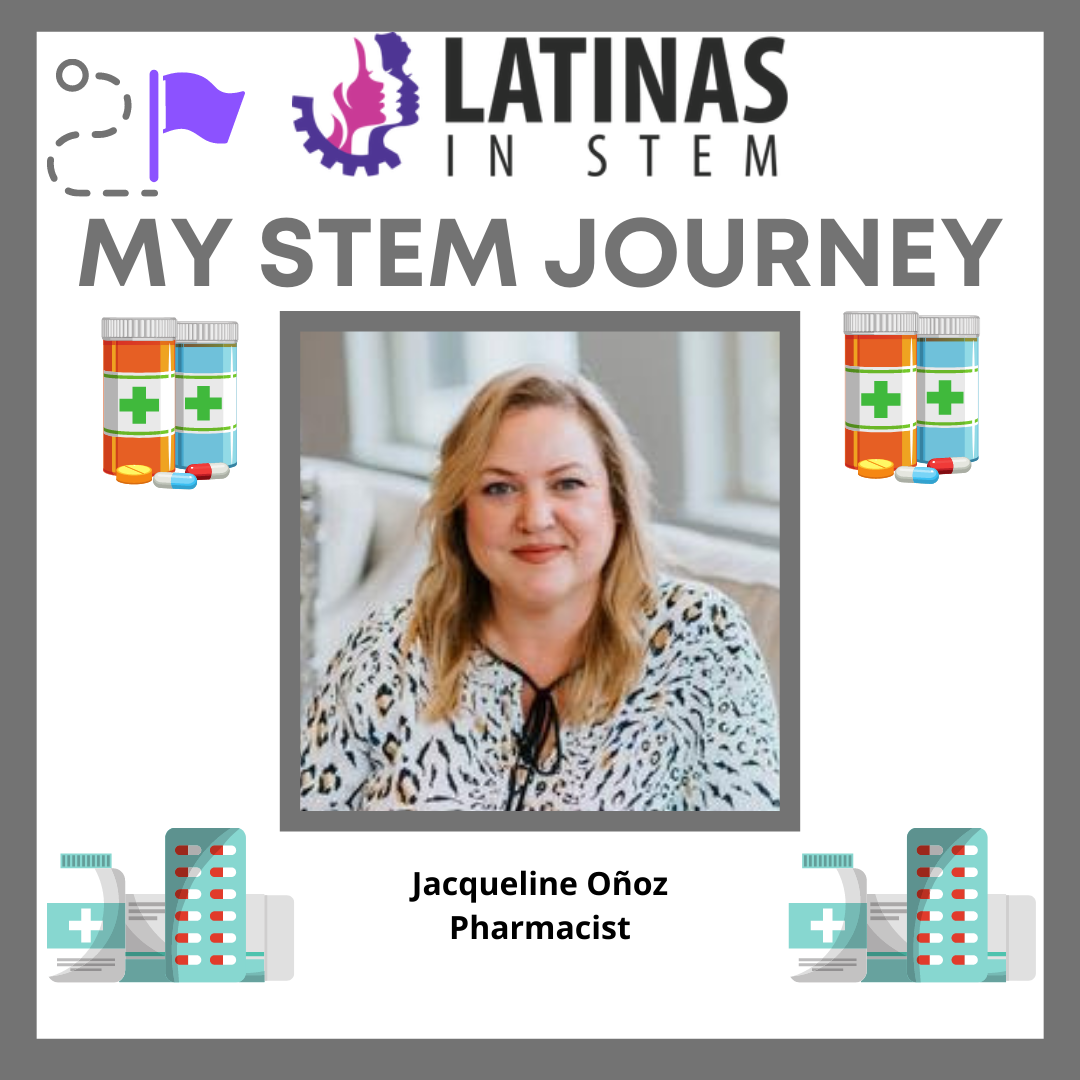
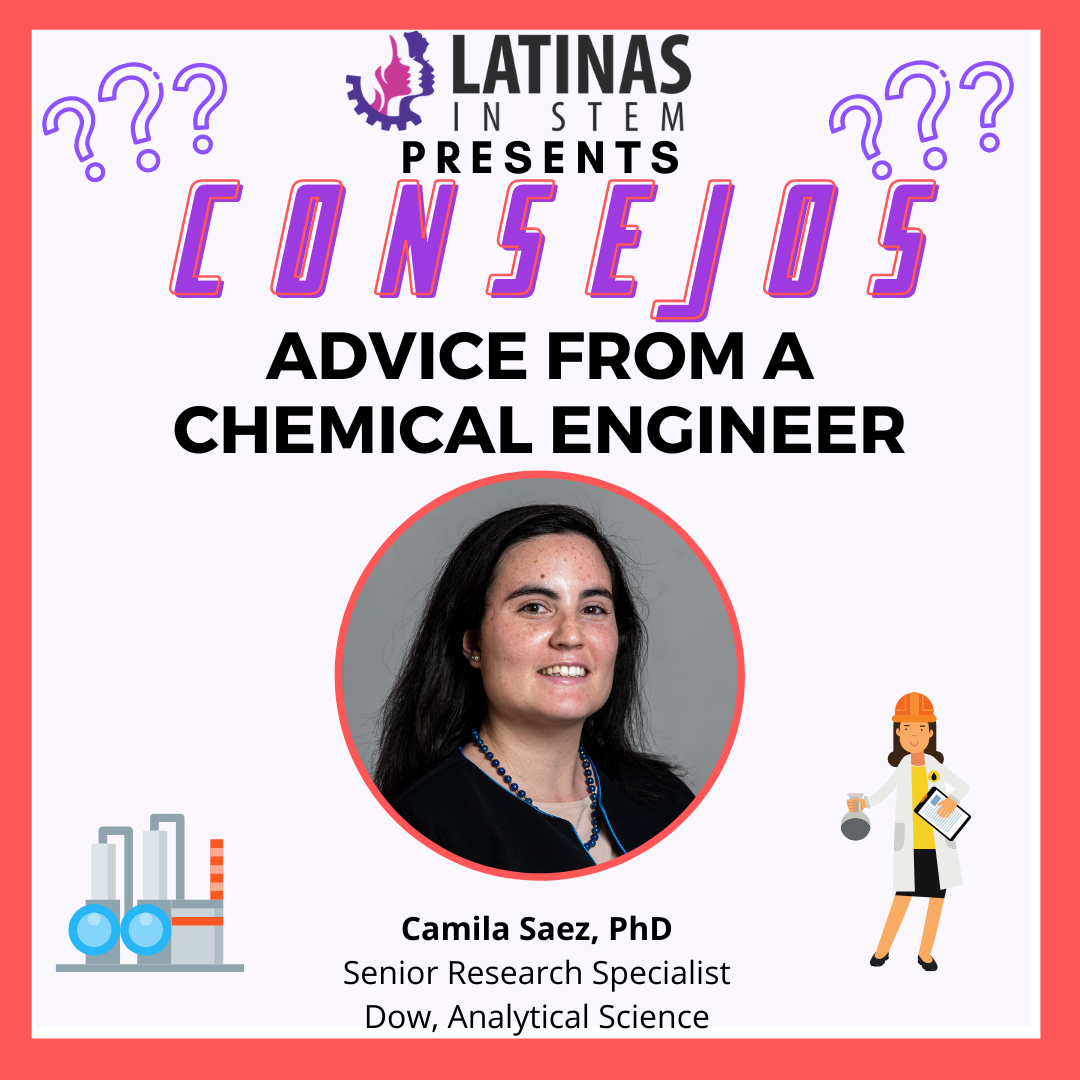
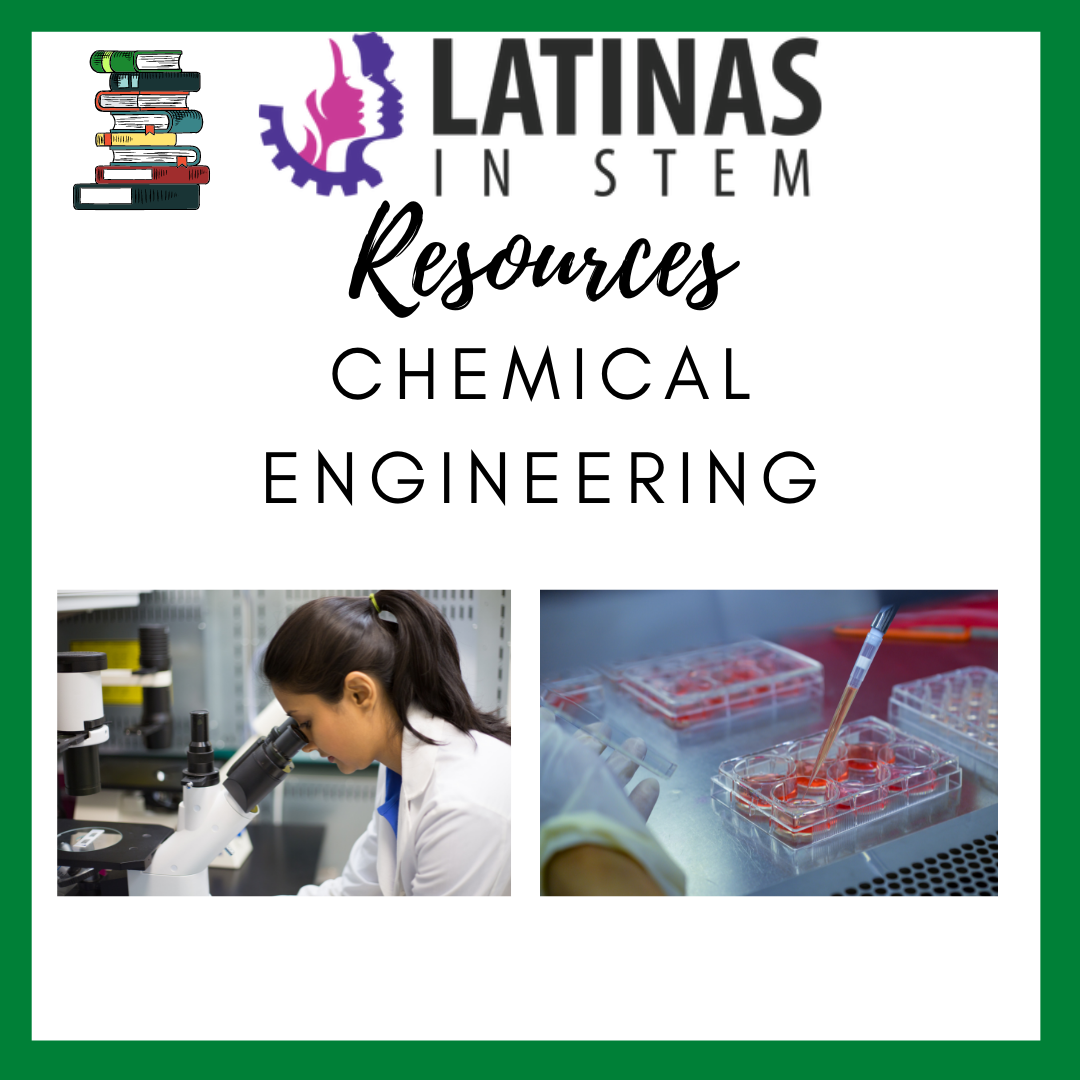
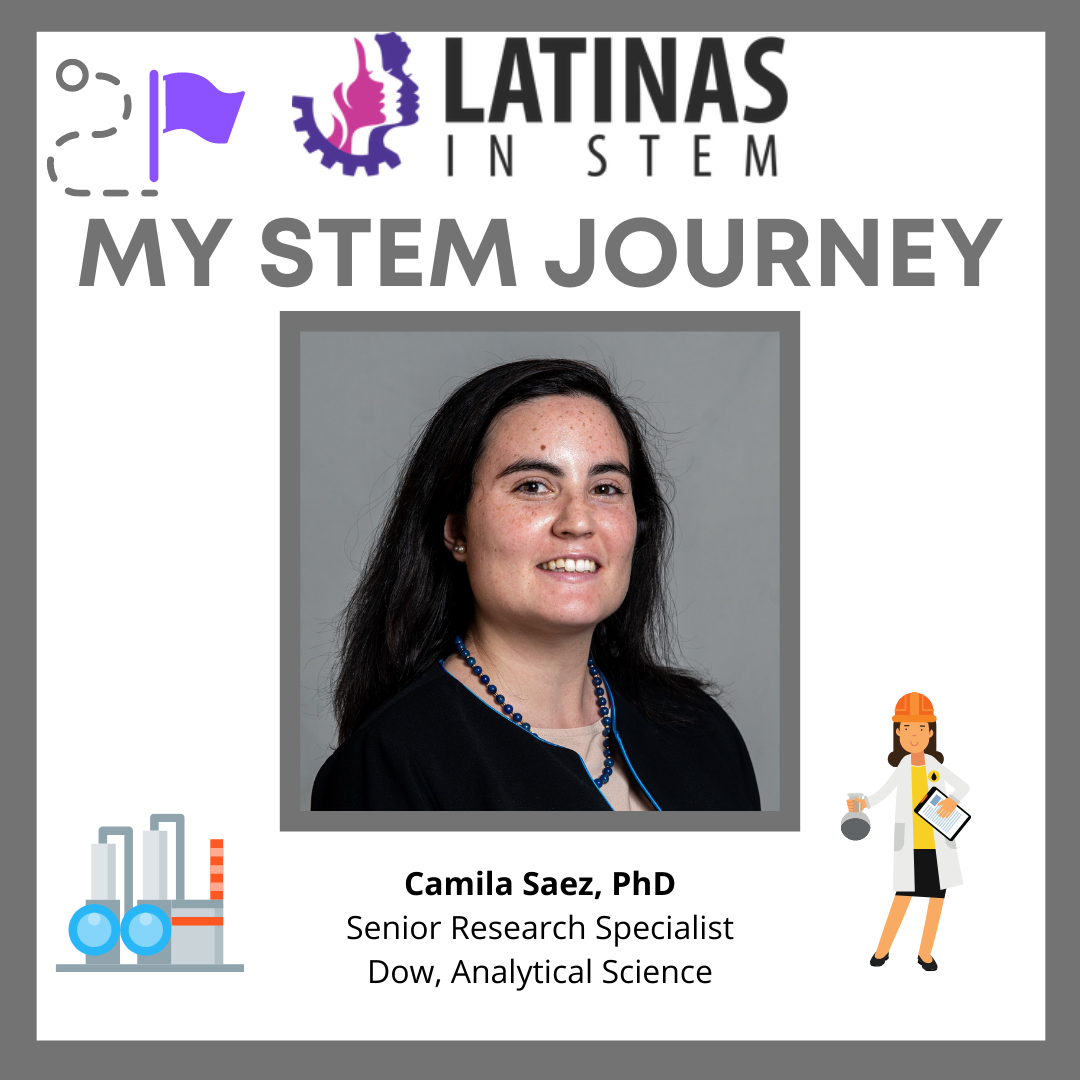
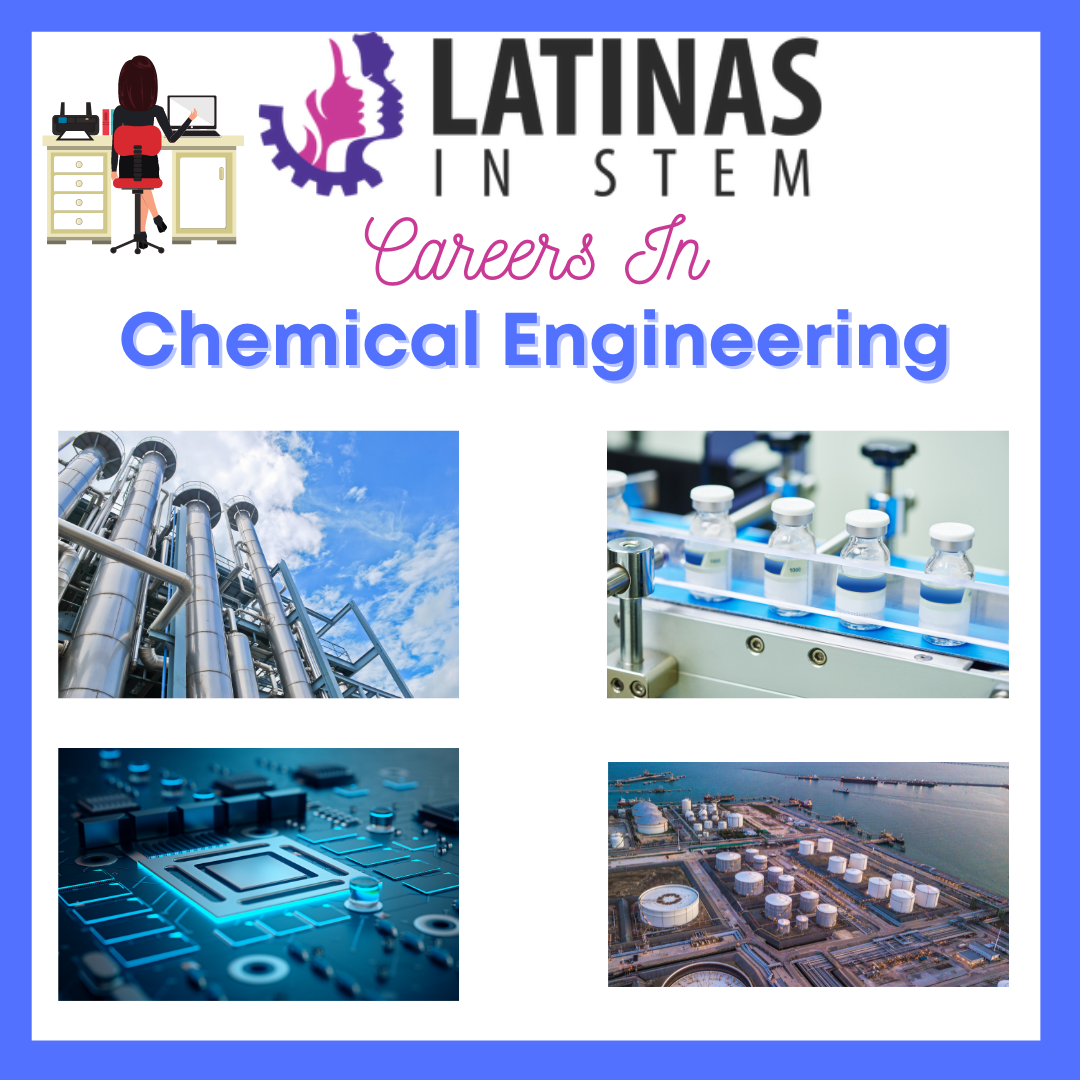
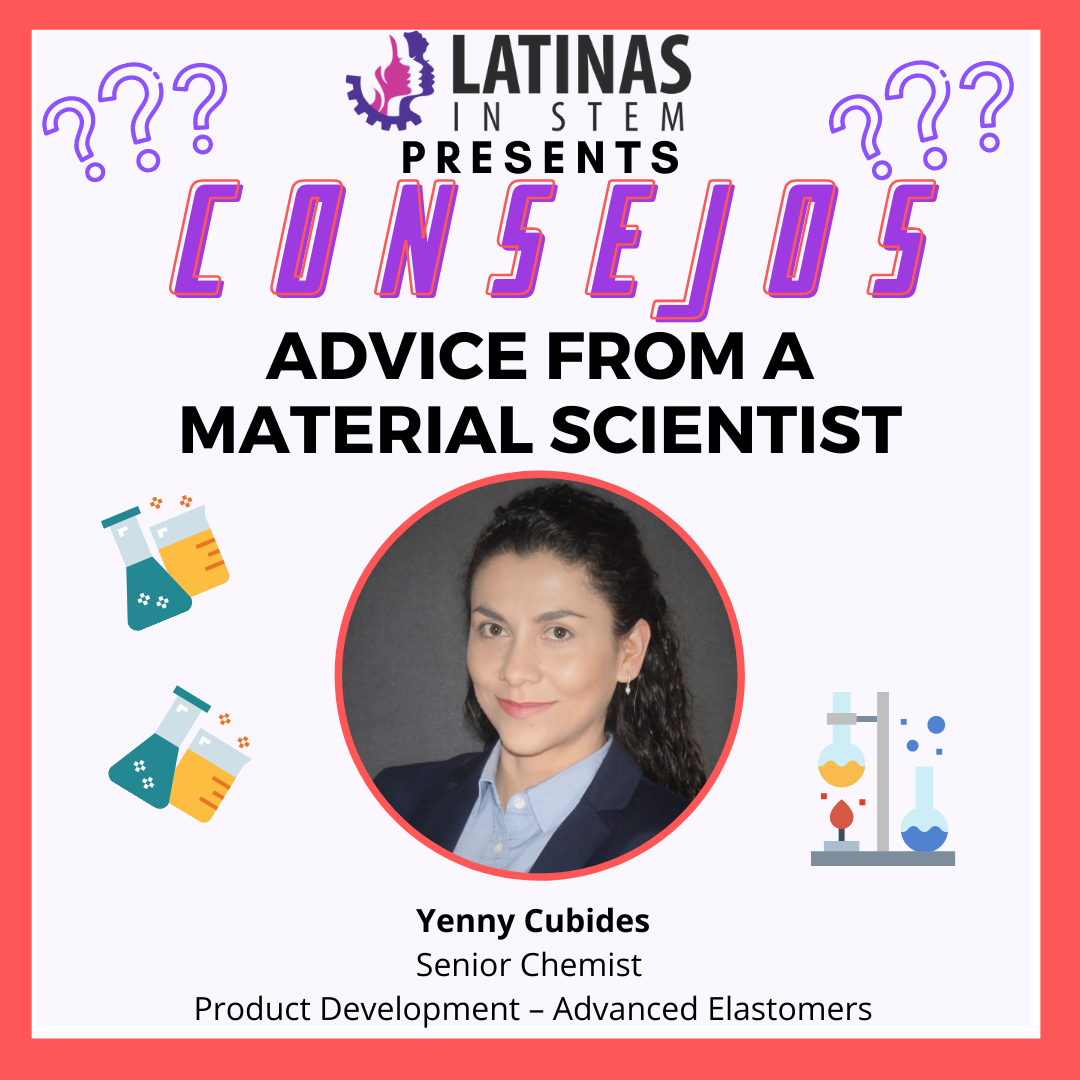
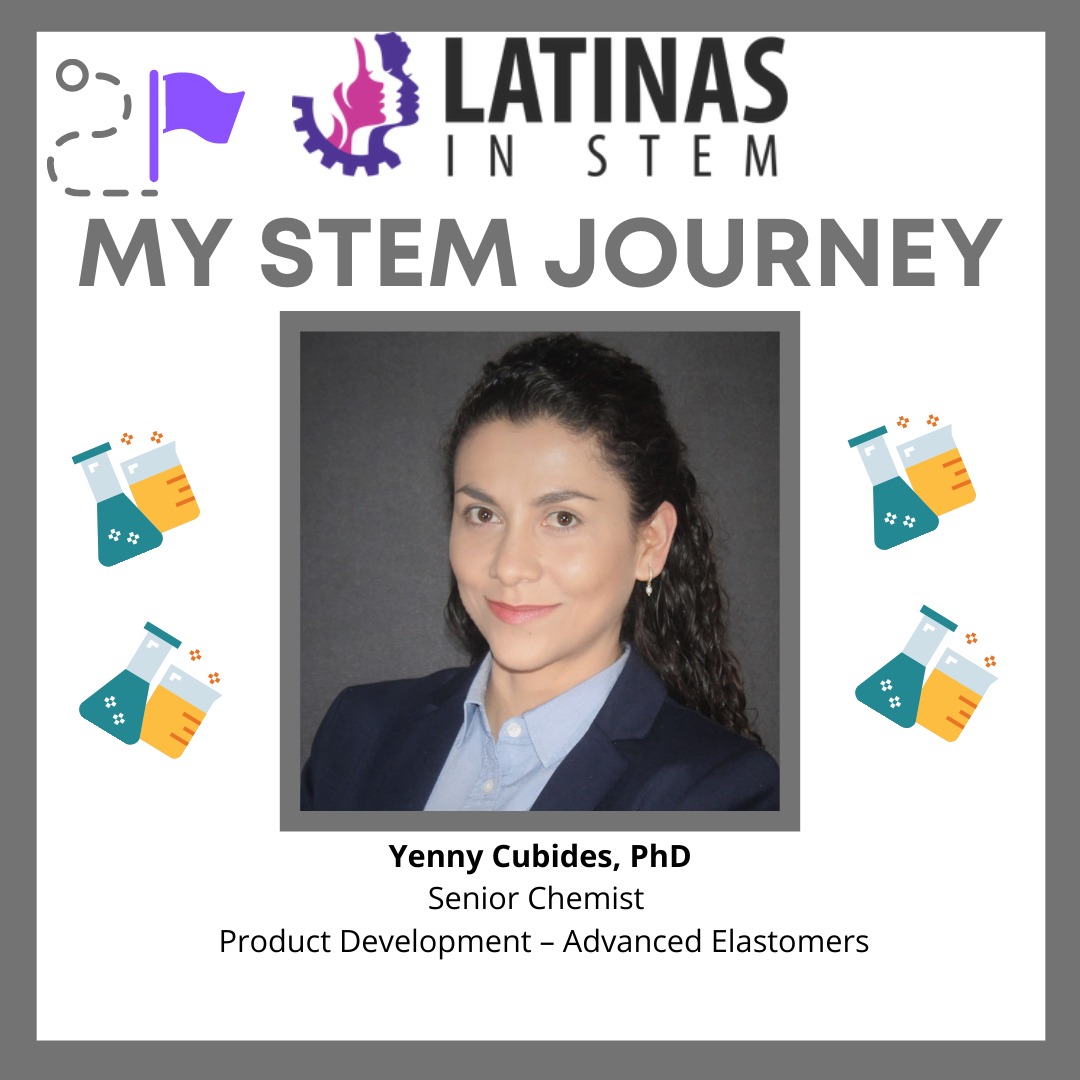
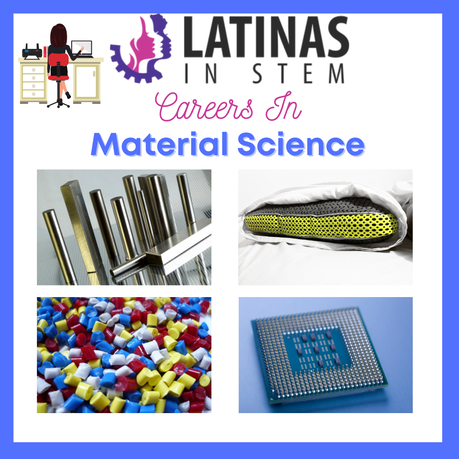

 RSS Feed
RSS Feed

